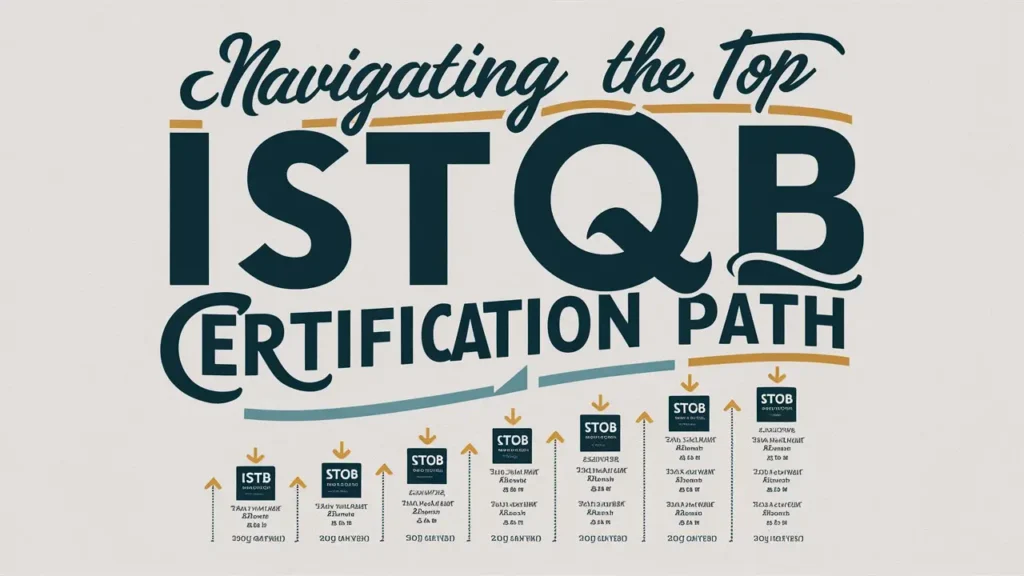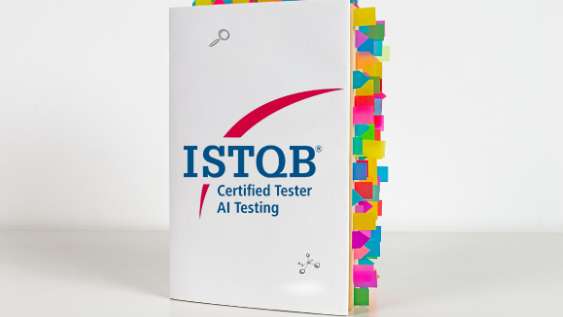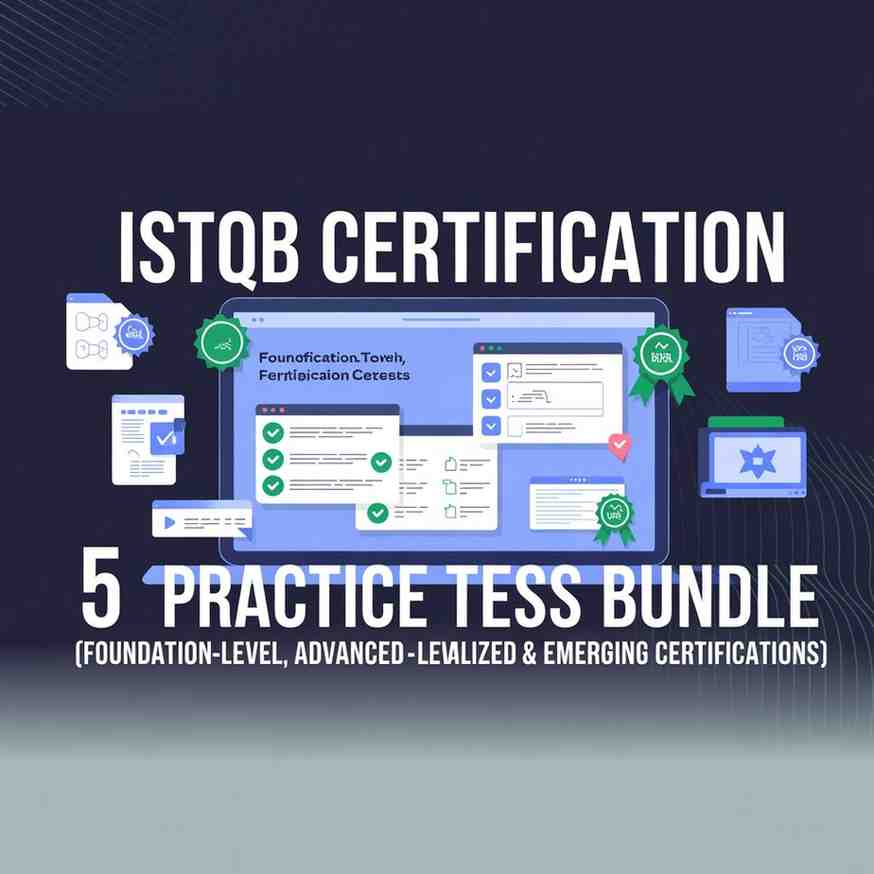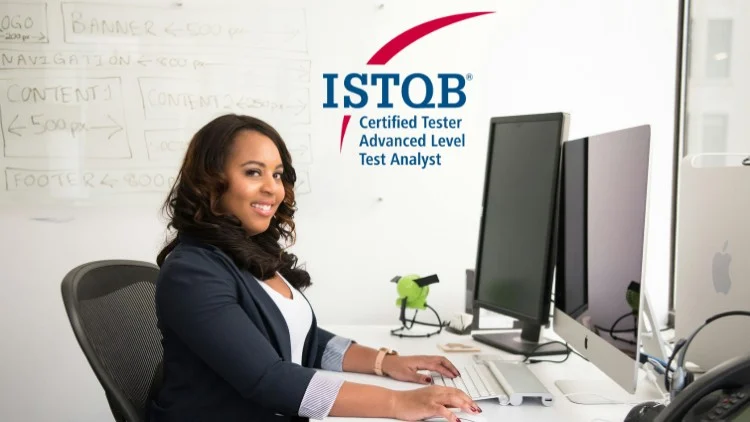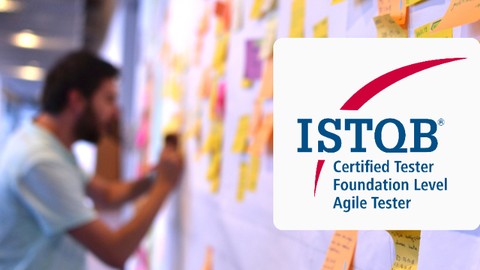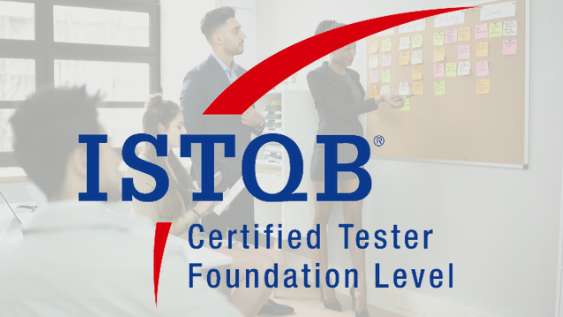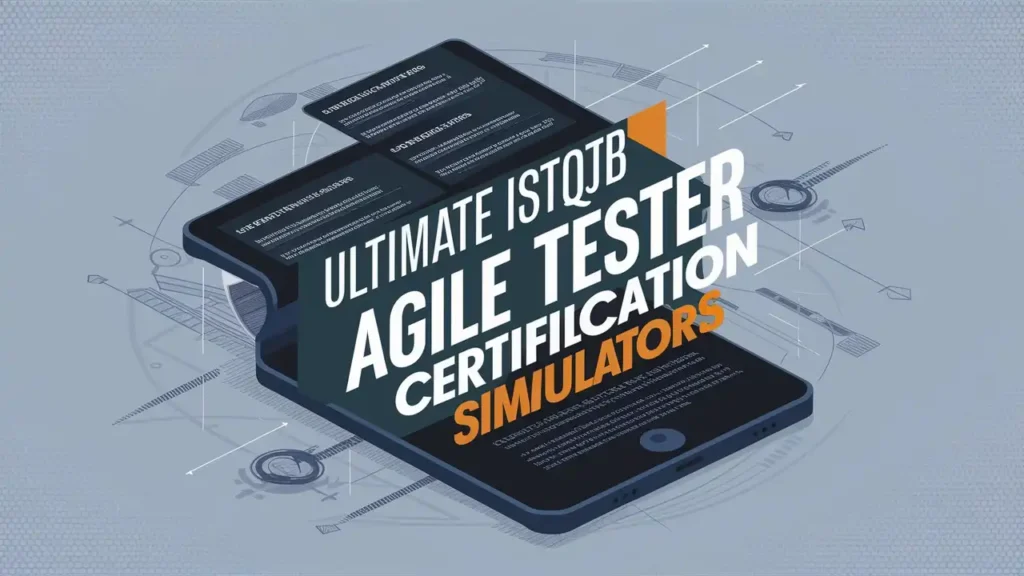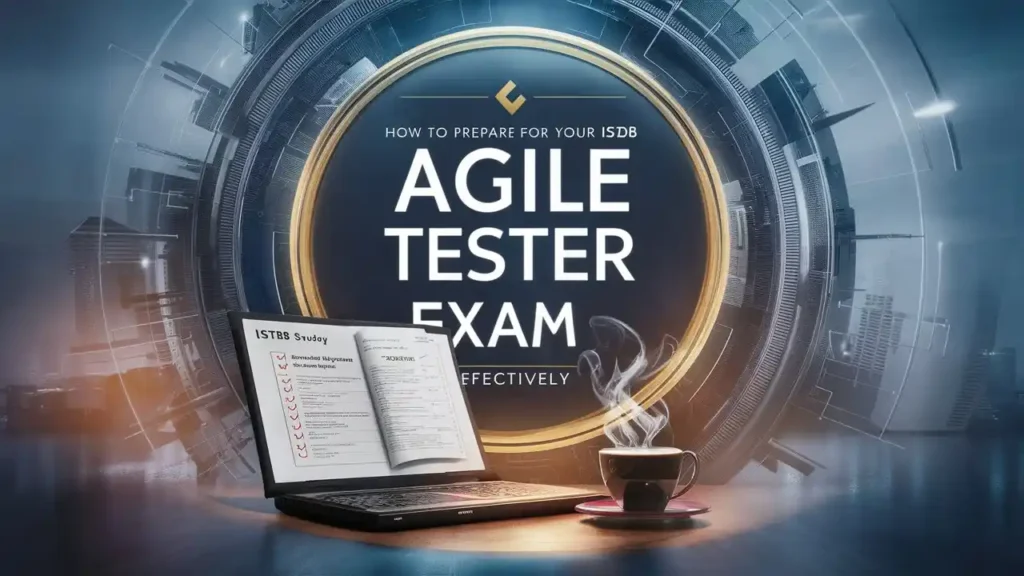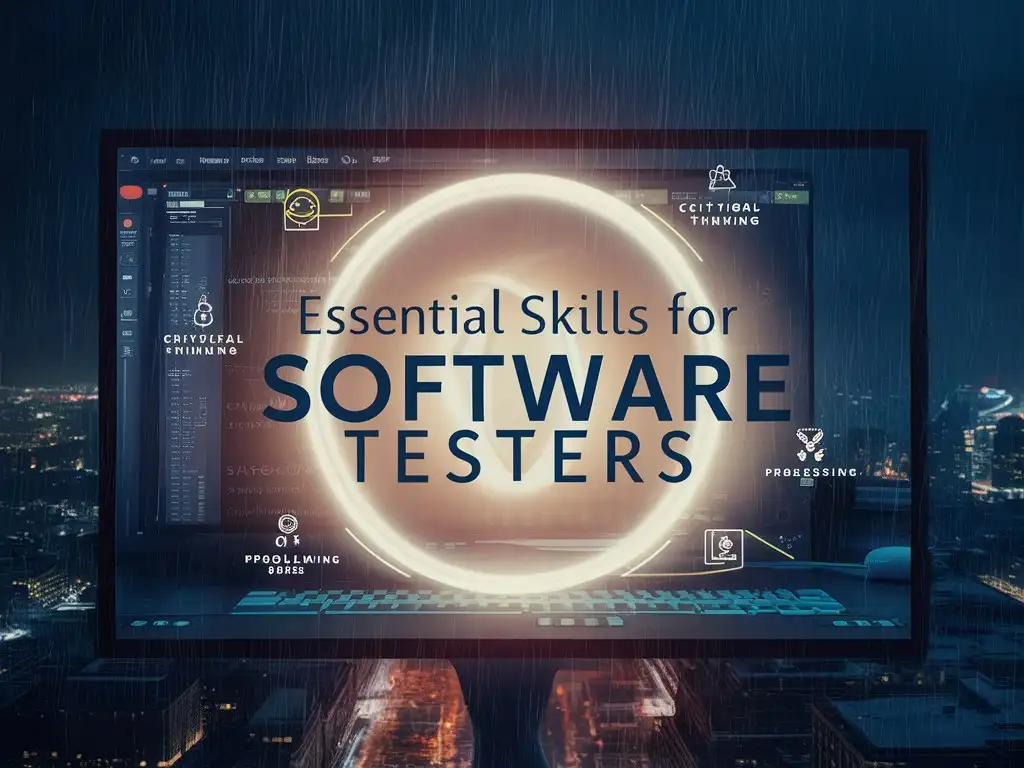In the ever-evolving world of software testing, staying ahead of the curve is essential. The International Software Testing Qualifications Board (ISTQB) offers a globally recognized certification program that validates your expertise and opens doors to new career opportunities. Whether you’re a beginner or a seasoned professional, navigating the ISTQB certification path can be daunting. But fear not! This blog will guide you through the process, offering tips and resources to help you succeed.
Understanding the ISTQB Certification Levels
The ISTQB certification path is structured into three main levels, each designed to cater to different experience levels and career goals. These levels ensure that you can tailor your certification journey based on your current skills and professional aspirations.
Foundation Level (CTFL)
Ideal for beginners or those new to software testing.
Covers fundamental concepts, testing techniques, and tools.
A great starting point for building a strong testing foundation.
You can begin your preparation with ISTQB Certified Tester Foundation practice exams to ensure a solid start to your journey.
Advanced Level (CTAL)
Designed for experienced testers who want to deepen their knowledge.
Includes three modules: Test Manager, Test Analyst, and Technical Test Analyst.
Focuses on advanced techniques, test management, and leadership skills.
To dive deeper into the advanced concepts, consider preparing with ISTQB Test Manager Advanced Level Practice Exams and ISTQB Certified Tester Advanced Level Practice Exams.
Expert Level (CTEL)
Targeted at seasoned professionals with significant experience.
Offers specialized modules like Test Management, Improving the Test Process, and Test Automation.
Prepares you for high-level strategic roles in software testing.
For those looking to gain expertise and excel at the highest level, ISTQB AI Testing Certification Practice Exams provide advanced practice for mastering the top-level certifications.
Choosing the Right Certification Path
Before diving into your ISTQB certification journey, it’s important to assess your experience and career goals. Here’s how you can align your certification path with your experience level:
For Beginners:
Start with the Foundation Level to build a solid understanding of testing principles and learn the core skills you’ll need for more advanced roles.
For Intermediate Testers:
Progress to the Advanced Level to specialize in areas like test management or technical testing, gaining a deeper understanding and advancing your career.
For Experts:
Aim for the Expert Level to master advanced concepts and take on leadership roles in the industry. The Expert Level prepares you for roles like Test Manager or Senior QA Lead.
Tips for Success in ISTQB Certification 🎯
Successfully navigating the ISTQB certification path requires careful planning and preparation. Here are some actionable tips to help you succeed:
1. Understand the Syllabus 📖
Each ISTQB certification has a detailed syllabus outlining the topics covered. Familiarizing yourself with the syllabus will help you focus your study efforts and understand what to expect on the exam.
2. Leverage Official Resources 📚
ISTQB provides official syllabus, sample questions, and glossaries on their website. These resources are invaluable for understanding the exam structure, content, and essential concepts.
3. Enroll in a Training Course 🎓
Consider joining an accredited training course. These courses are led by experienced instructors who can provide insights, clarify doubts, and offer practical tips for passing the exam. Training courses often include mock exams and practice questions that help you prepare effectively.
4. Practice with Mock Exams 🧑🏫
Practice exams are one of the most effective ways to test your knowledge and get comfortable with the exam format. Many online platforms offer ISTQB practice tests that simulate the real exam environment. Mock exams also help identify areas for improvement.
For comprehensive mock exam practice, explore ISTQB Agile Tester Certification CTFL AT Practice Exams to hone your skills and boost your chances of success.
5. Join Study Groups or Forums 🤝
Connect with other candidates through study groups or online forums like Reddit or LinkedIn. Sharing knowledge and experiences can boost your preparation and provide valuable insights from those who have already taken the exam.
6. Focus on Key Concepts 🔑
Pay special attention to core topics such as test design techniques, test management, and defect tracking. These topics are often heavily tested, and mastering them will improve your chances of success.
7. Manage Your Time ⏰
Create a study plan that fits your schedule. Allocate sufficient time for each topic and stick to your plan to ensure comprehensive preparation. Regular study sessions will help reinforce your understanding and avoid cramming.
8. Stay Updated 🔄
The field of software testing is constantly evolving. Stay updated with the latest trends and updates to the ISTQB syllabus by following blogs, webinars, and industry news. This will ensure you’re studying the most relevant content for the exams.
Recommended Resources for ISTQB Preparation 📚
To maximize your chances of success, it’s essential to use the right resources. Here are some top recommendations for preparing for the ISTQB certification exams:
Books:
- “Foundations of Software Testing: ISTQB Certification” by Rex Black, Dorothy Graham, and Erik van Veenendaal.
- “ISTQB Foundation Level Study Guide” by Brian Hambling and Peter Morgan.
Online Courses:
Practice Tests:
Gururo provide best practice tests that simulate the real exam environment. Practice tests are an essential tool for assessing your readiness.
Mobile Apps:
Apps like “ISTQB Exam Prep” offer quizzes, flashcards, and practice questions for on-the-go learning.
Webinars and Workshops:
Attend webinars or workshops hosted by ISTQB-accredited trainers for an interactive learning experience. These sessions can provide deeper insights into key concepts and exam strategies.
Final Thoughts 🎯
Earning an ISTQB certification is a significant milestone in your software testing career. It validates your skills and enhances your credibility in the industry. By choosing the right certification path, leveraging the right resources, and following a structured study plan, you can successfully navigate the ISTQB certification process and achieve success.
Remember, preparation is key. Stay focused, stay motivated, and don’t hesitate to seek help when needed. Your ISTQB certification is more than just a credential—it’s a testament to your commitment to excellence in software testing.
Good luck on your ISTQB certification journey, and may your testing career reach new heights!

